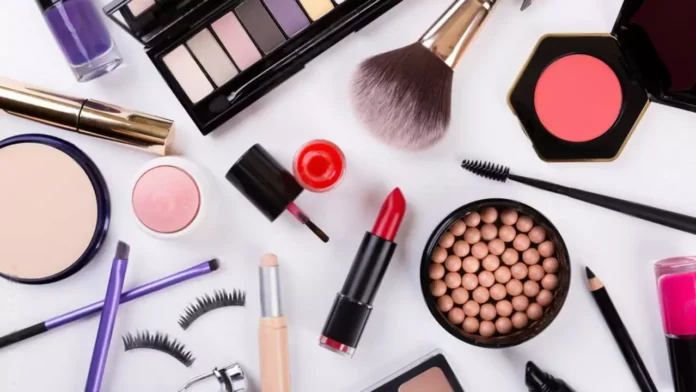The Drugs Controller General of India (DCGI) has asked importers of cosmetics to provide information on consignments coming into the country, as it aims to prevent the sale of unregulated and fake products, according to people aware of the development. The regulator has sought information on the number of consignments, their bills, the quantity imported, and cost of imported cosmetics, among other details.
The importers have acknowledged receipt of the DCGI’s notice. Previously, the DCGI had issued show-cause notices to ecommerce portals regarding the sale and distribution of counterfeit, adulterated cosmetics, as well as cosmetics produced without a valid license, violating the Drugs and Cosmetics Act, 1940.
“The Cosmetics Rules, 2020 have been notified on 15.12.2020 by the government of lndia under the Drugs and Cosmetics Act, 1940 (23 of 1940),” it said in the notice dated February 23.
Continue Exploring: Shift in Indian beauty market: Fairness creams witness first decline as demand swells for radiance and hydration products
“This office has granted import registration number (lRN) under Form Cos-4A for cosmetics, which are already registered under Rule 13 for import and sale into lndia.”
In the notice, the regulator stated that in accordance with the conditions outlined in IRN under Form Cos 4A, importers are obligated to furnish an annual statement detailing the cosmetics imported to the Central Licensing Authority.
However, it further stated that the office has not been receiving the annual details of cosmetics imported by importers.
The DCGI has thus asked for details like the annual statement of details of cosmetics imported in India from the date of grant of IRN under Cos-4A to their office including details such as number of consignments, bill of entries of each consignment, imported quantity in each consignment, total cost of imported cosmetics in each consignment, warehouse details where those are stored for further distribution and sale among other details.
Earlier, raids were carried out which revealed the extent of illegal cosmetics in the market.
The confiscated items comprised creams containing mesenchymal stem cells, oral glutathione supplements, placenta and glutathione injections, hyaluronic acid injections, botulinum toxin injections, hair serums, peels containing assorted ingredients, collagen pyruvate, biotin hydroxin, pure caffeine, anti-hair loss solutions, skin peel exfoliators, and more.
Continue Exploring: Beauty and personal care tops D2C sales charts in 2023: GoKwik Report





